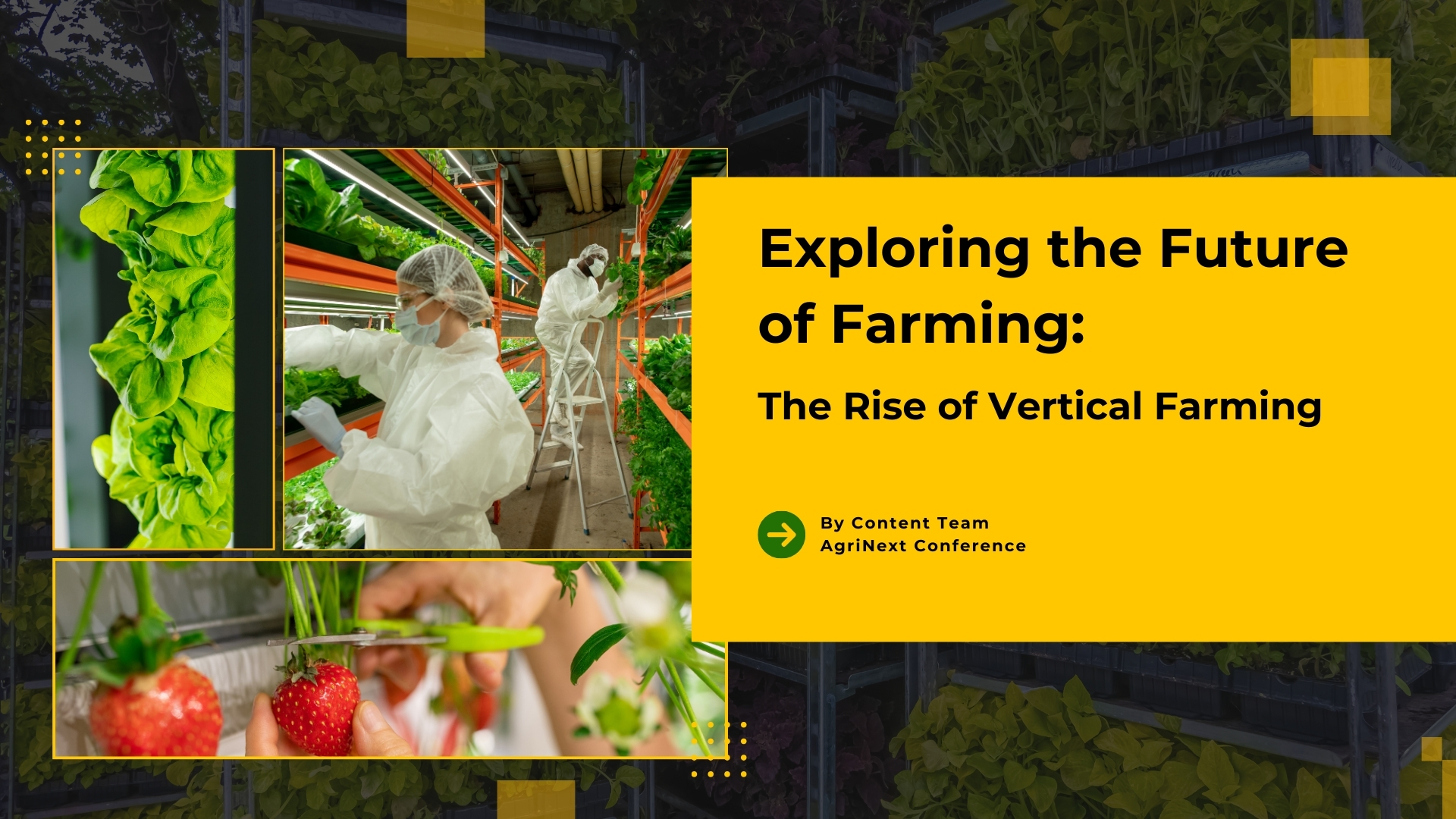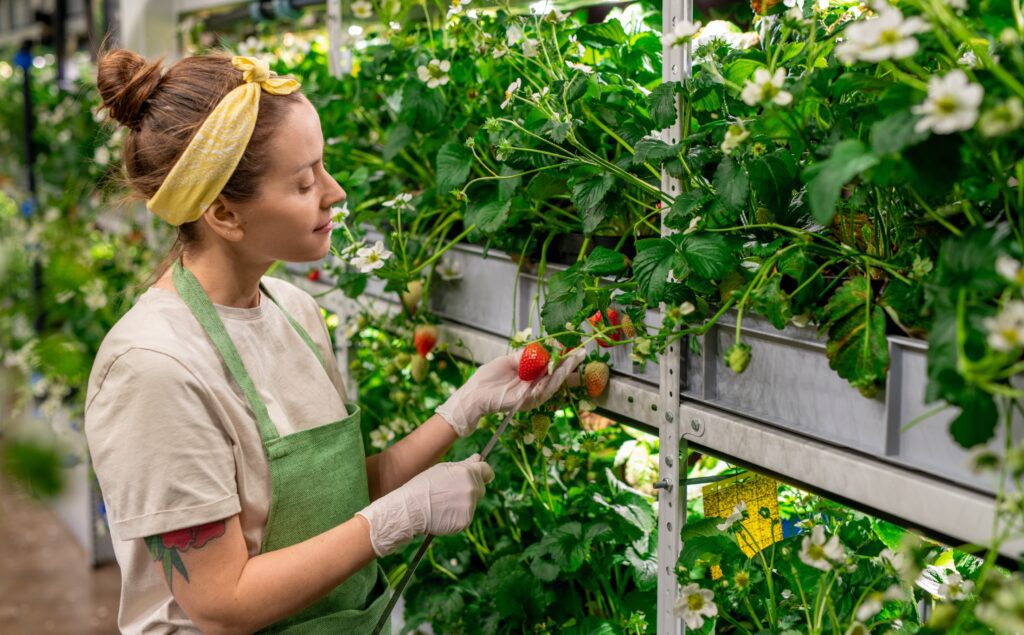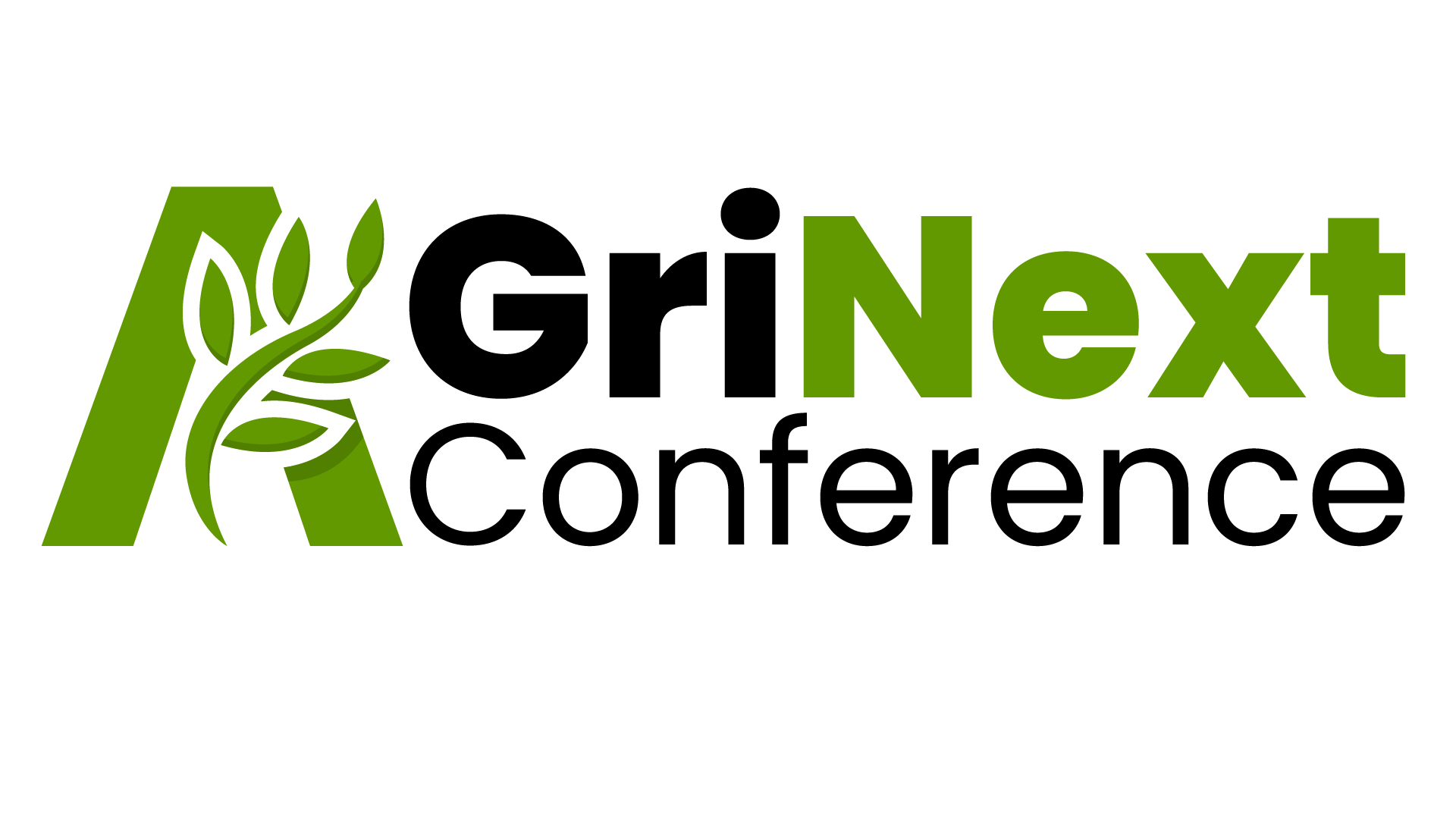
Introduction:
In recent years, farming has been taking on a new look – one that’s a bit more “upwardly mobile.” Farming has undergone a transformative shift with the rise of vertical farming. This innovative approach to agriculture offers solutions to many of the challenges facing traditional farming methods. Let’s delve into what is all about in this industry and why it’s gaining momentum.
Table of Contents
What is Vertical Farming?
It reimagines traditional agriculture by stacking crops in vertically integrated systems. Whether indoors or outdoors, these farms utilize advanced technologies to optimize growing conditions and maximize space efficiency.

Why Vertical Farming?
It solves a lot of problems that traditional farming faces. By utilizing space-efficient vertical stacking and advanced technologies such as hydroponics and aeroponics, vertical farms can produce significantly higher yields per square foot compared to conventional farming methods. Additionally, it reduces water usage, eliminates the need for harmful pesticides, and enables year-round production regardless of weather conditions.
How Does it Work?
Vertical farms use a combination of innovative technologies that enable precise control over growing conditions.
Specialized LED lighting systems mimic sunlight, automated monitoring systems regulate temperature, humidity, and nutrient levels, and robotic assistance streamlines planting and harvesting processes. Together, these technologies create the perfect environment for plants to thrive, resulting in faster growth rates and higher yields.
Benefits of Vertical Farming:
Vertical farming isn’t just good for farmers, it’s good for everyone! Because it uses less land ,water, and It offers numerous benefits that extend beyond traditional agriculture. By maximizing resource efficiency and reducing environmental impact, it plays a crucial role in promoting sustainability and food security. Additionally, vertical farms can be located in urban areas, bringing food production closer to consumers and reducing the carbon footprint associated with transportation.
The Growth Trajectory of Vertical Farming
The growth trajectory has been nothing short of remarkable. From its emergence in the early 2000s to its rapid expansion and technological advancements in recent years, it has transformed the agricultural landscape.
Technological Advancements:
The past decade has witnessed significant advancements in technology, including LED lighting, hydroponic systems, and automation. These technological innovations have improved efficiency, scalability, and crop yield, making vertical farming more economically viable and attractive to investors.
Expansion and Market Growth:
Vertical farming has expanded rapidly across the globe, with startups and established companies investing in large-scale facilities.
Diversification and Specialization:
Vertical farming is diversifying beyond leafy greens and herbs to include a wider range of crops, including fruits, vegetables, and even fish and seafood.
There are several prominent names and figures involved in this industry who have made significant contributions to its growth and development.
Here are a Few
Dr. Dickson Despommier:
Dr. Despommier, a professor emeritus of Environmental Health Sciences at Columbia University, is often credited with popularizing the concept of vertical farming. His book “The Vertical Farm: Feeding the World in the 21st Century” helped bring attention to the potential of farming industry as a solution to food security and sustainability challenges.
Kimbal Musk:
Entrepreneur and restaurateur Kimbal Musk, has been a vocal advocate for vertical farming and sustainable agriculture. Through his company Square Roots, Musk aims to empower urban farmers and increase access to fresh, locally grown produce.
Irving Fain:
Irving Fain is the co-founder and CEO of Bowery Farming, a leading vertical farming company based in the United States. Under his leadership, Bowery Farming has grown rapidly, attracting significant investment and expanding its operations to meet the growing demand for fresh, locally grown produce.
David Rosenberg:
David Rosenberg is the co-founder and CEO of AeroFarms, a pioneering vertical farming company known for its aeroponic growing technology. Rosenberg’s vision and leadership have helped AeroFarms become a key player in the industry, with multiple commercial farms operating globally.
Vertical Farming Industry
Here are a few startups industry:
Bowery Farming:
Bowery Farming is a leading vertical farming company based in the United States. They use proprietary technology to grow a variety of leafy greens and herbs in indoor vertical farms located near urban areas. Their approach emphasizes sustainability, efficiency, and freshness.
AeroFarms:
AeroFarms is another prominent player in the vertical farming space. They focus on its indoor using aeroponic technology, which involves growing plants in a misty environment without soil. AeroFarms aims to revolutionize agriculture by producing high-quality, nutrient-rich produce while minimizing environmental impact.
Plenty:
Plenty is a vertical farming startup that prioritizes flavor and nutrition in its produce. They use its techniques combined with data analytics and machine learning to optimize growing conditions and crop quality. Plenty’s goal is to make fresh, flavorful produce accessible to everyone, regardless of where they live.
Infarm:
Infarm is a Berlin-based startup that specializes in modular indoor farms. They design vertical farming units that can be installed in various locations, including supermarkets, restaurants, and even homes. Infarm’s approach allows for hyper-localized food production, reducing the need for long-distance transportation and ensuring maximum freshness.
Vertical Harvest:
Based in Jackson, Wyoming, Vertical Harvest is a unique vertical farming startup that focuses on social impact. They employ individuals with disabilities to work in their vertical farms, providing meaningful employment opportunities and promoting inclusivity. Vertical Harvest grows a variety of crops, including tomatoes, microgreens, and herbs, using hydroponic and farming techniques.
Agro Urbana:
Agro Urbana is a Mexican-based startup that specializes in vertical farming solutions for urban environments. They utilize hydroponic and aeroponic technologies to grow a variety of crops in compact, indoor spaces. Agro Urbana’s mission is to promote food security and sustainability in urban areas by providing fresh, locally grown produce year-round.
Pink Farm:
Pink Farm, based in South Korea, is known for its vertical farming systems designed specifically for small-scale agriculture. They offer modular, stackable units that can be easily installed in homes, schools, and businesses, allowing individuals to grow their food efficiently and sustainably. Additionally, they incorporate smart technology features, such as automated watering systems and LED lighting, to optimize plant growth and minimize maintenance requirements.
These startups are just a few examples of the innovative companies driving the growth of vertical farming.
Conclusion:
Vertical Farming is changing the way we think about agriculture, and the future looks bright. By growing food in vertical spaces, we can feed more people using fewer resources, all while protecting the planet for future generations. So next time you bite into a juicy tomato or crunch on a fresh salad, remember – it might have come from a farm that’s reaching for the sky! As we continue to explore the potential of this industry, we must remain committed to advancing sustainable practices and ensuring a brighter future for generations to come.
